Is the water from ultrafiltration safe to drink directly? | Insights by AQUALITEK
- Is Ultrafiltration Water Safe for Direct Consumption?
- What is Ultrafiltration?
- Is Water from Ultrafiltration Safe to Drink Directly?
- What Are the Advantages of Using Ultrafiltration for Drinking Water?
- Are There Any Limitations to Ultrafiltration?
- How Does Ultrafiltration Compare to Other Water Treatment Methods?
- What Are the Maintenance Requirements for Ultrafiltration Systems?
- How Does Ultrafiltration Contribute to Sustainable Water Management?
- What Are the Key Considerations When Implementing Ultrafiltration Systems?
- Conclusion: Why Choose AQUALITEK for Your Ultrafiltration Needs?
Is Ultrafiltration Water Safe for Direct Consumption?
What is Ultrafiltration?
Ultrafiltration (UF) is a membrane filtration process that uses pressure to force water through a semipermeable membrane, effectively removing suspended solids, bacteria, viruses, and macromolecules. The membrane's pore size typically ranges from 1 to 100 nanometers, allowing water and low molecular weight solutes to pass while retaining larger particles. This process is widely used in water treatment to produce potable water from various sources, including those with high turbidity.
Is Water from Ultrafiltration Safe to Drink Directly?
Water treated with ultrafiltration is generally safe for direct consumption. UF systems are designed to remove contaminants such as bacteria, viruses, and suspended solids, achieving removal rates exceeding 99%. This high efficiency ensures that the treated water meets stringent health standards for drinking water.
What Are the Advantages of Using Ultrafiltration for Drinking Water?
Chemical-Free Treatment: UF operates without the need for chemical additives, reducing potential chemical residues in the water.
Consistent Water Quality: UF systems provide reliable and consistent water quality, regardless of variations in raw water quality.
Compact System Design: UF units are typically compact, making them suitable for both large-scale water treatment plants and smaller, decentralized systems.
Are There Any Limitations to Ultrafiltration?
While UF is effective in removing a wide range of contaminants, it may not remove dissolved salts and certain chemicals. Therefore, in areas where water salinity is high or specific chemical contaminants are present, additional treatment processes like reverse osmosis (RO) may be necessary to ensure water safety.
How Does Ultrafiltration Compare to Other Water Treatment Methods?
Microfiltration (MF): MF membranes have larger pore sizes (0.1 to 10 micrometers) and are effective in removing larger particles and some bacteria but are less effective against viruses and smaller pathogens compared to UF.
Reverse Osmosis (RO): RO membranes have even smaller pore sizes and can remove a broader range of contaminants, including dissolved salts and chemicals. However, RO systems are more energy-intensive and may require more maintenance.
What Are the Maintenance Requirements for Ultrafiltration Systems?
Regular maintenance is essential to ensure the optimal performance of UF systems. This includes:
Cleaning: Periodic cleaning to remove fouling agents such as biofilms, scaling, and particulate matter.
Monitoring: Regular monitoring of system parameters like pressure, flow rate, and water quality to detect any deviations from normal operation.
Replacement of Membranes: Over time, membranes may degrade and require replacement to maintain filtration efficiency.
How Does Ultrafiltration Contribute to Sustainable Water Management?
UF plays a significant role in sustainable water management by:
Reducing Chemical Usage: Minimizing the need for chemical disinfectants, thereby reducing chemical waste and environmental impact.
Enabling Water Reuse: Facilitating the treatment and reuse of wastewater, contributing to water conservation efforts.
What Are the Key Considerations When Implementing Ultrafiltration Systems?
When considering UF for water treatment, it's important to evaluate:
Raw Water Quality: Assessing the characteristics of the source water to determine the suitability of UF.
System Design: Ensuring the UF system is appropriately designed to handle the required flow rates and meet water quality standards.
Regulatory Compliance: Verifying that the UF system complies with local and international water quality regulations.
Conclusion: Why Choose AQUALITEK for Your Ultrafiltration Needs?
AQUALITEK offers advanced ultrafiltration systems that provide reliable and efficient water treatment solutions. Our systems are designed to deliver high-quality drinking water while minimizing environmental impact. With a focus on innovation and sustainability, AQUALITEK is committed to meeting the diverse needs of our clients in the water treatment industry.
For more information on our ultrafiltration solutions, visit our website or contact our customer service team.




Request More Information or Expert Advice
Share a few details, and we’ll provide deeper insights, tailored suggestions, or product support.

Our 500 LPH Reverse Osmosis (RO) System is engineered to provide high-quality purified water for commercial applications. Designed with advanced RO technology, durable components, and a user-friendly interface, this system ensures consistent performance, low maintenance, and long-term reliability.
With its compact design and robust skid-mounted frame, it’s an excellent choice for businesses that demand efficiency and quality in water purification.

TWV series Reverse Osmosis (RO) systems are pre-engineered and pre-assembled units with 2.5”/4” membrane housings(single element type)for tap water(lower TDS).They are designed for overall superior performance, high recovery rates and offer great savings with low maintenance and operation costs.

TWF series Reverse Osmosis (RO) systems are pre-engineered and pre-assembled units with 4” membrane housings(multiple elements type) for tap water(lower TDS) .The medium large volumes can help meet your a variety of commercial and industrial applications. They are designed for overall superior performance, high recovery rates and offer great savings with low maintenance and operation costs.

TWE series Reverse Osmosis (RO) systems are pre-engineered and pre-assembled units with 8” membrane housings for tap water (lower TDS). The large volumes can help meet your a variety of industrial applications. They are designed for overall superior performance, high recovery rates and offer great savings with low maintenance and operation costs.
© 2026 AQUALITEK. All rights reserved.

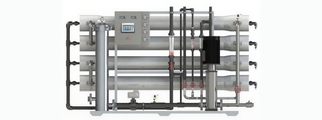
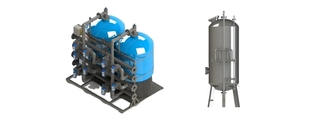
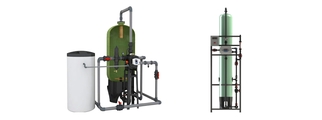
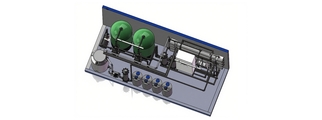
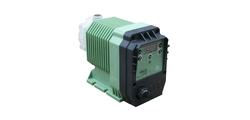
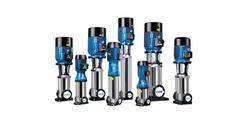
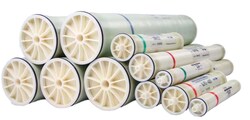
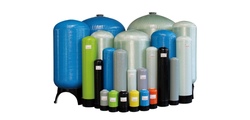
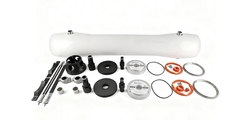
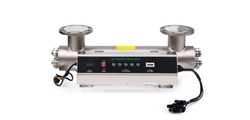
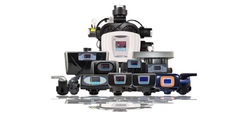
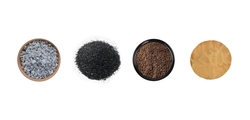
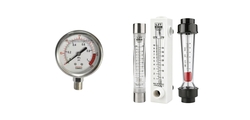
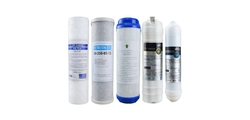
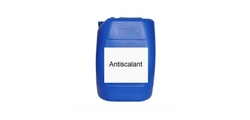
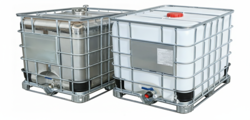
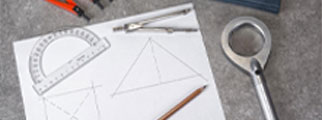



AQUALITEK- Aimee Hoo
AQUALITEK - Aimee Hoo